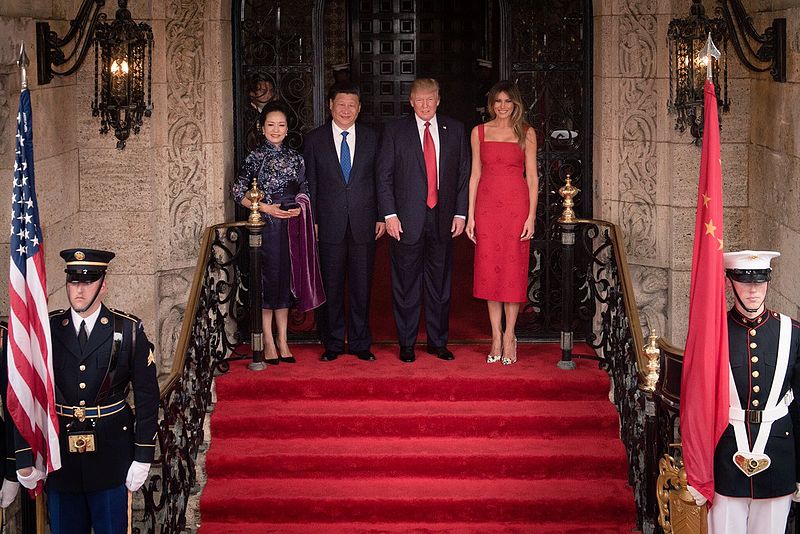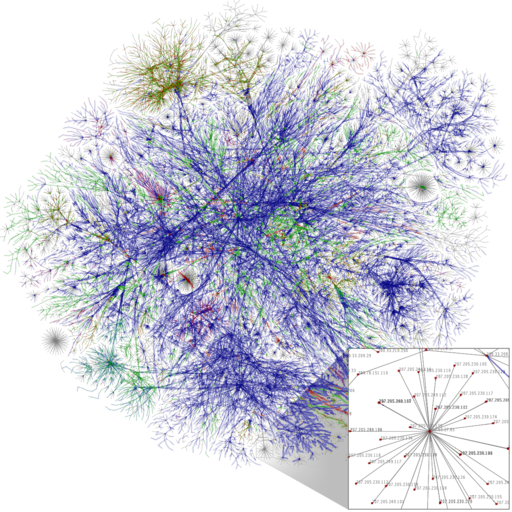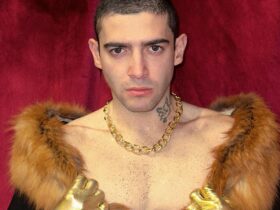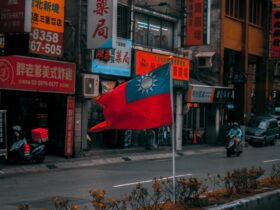
In early April of this year, Chinese President Xi Jinping met with US President Trump for the first time. During the two-day summit held at Trump’s Mar-a-Lago resort in Florida, the two world leaders discussed North Korea as well as trade-related issues.
Glimpse from the Globe correspondent Leia Wang interviewed Erin Ashley Baggot Carter, an international relations professor at the University of Southern California, about her views on the event. Below are the transcripts of the email interview.
________________________________________
GLIMPSE: Can you tell me a little bit about your research and how it relates to President Xi Jinping and President Trump’s interactions?
BAGGOT-CARTER: My book manuscript explores the sources of stability and instability in US-China relations. I find that US and Chinese policymakers can use diplomacy to build trust and substantive cooperation. However, the domestic politics of each state endanger this optimistic account. In China, elite threats to the leader cause him to adopt more aggressive foreign policy toward the United States, the better to ensure his public popularity. In the United States, congressional criticism of China makes it difficult for the White House to win policy concessions from China.
One implication of this research is that it is important to look at the underlying sources of instability in US-China relations rather than ― or at least in addition to ― personalities.
GLIMPSE: How would you compare Xi Jinping’s leadership style with those of former leaders such as Hu Jintao and Jiang Zemin?
Xi Jinping has a very different leadership style than his predecessors. Indeed, many scholars have drawn parallels between his leadership style and that of Mao Zedong. Several scholars, for example, have called Xi a “strongman.” In my view, Xi’s personalization of power is in part a reaction to Hu Jintao’s failures. Many in China criticize Hu for not achieving his policy objectives. Hu prioritized Western development and inequality issues, for example, but did not make much progress on either front. Many of his policy proposals were foiled by powerful elites who held different preferences. Upon coming into power, and especially after the Bo Xilai scandal, Xi determined that in order to advance his policies, he had to centralize control and diminish the power of elites. His anti-corruption campaign ― which has targeted many of his rivals ― serves this end. This trend can also be seen in Chinese propaganda. References to Xi himself have skyrocketed. One marker of the extent to which he has amassed personal power is the fact that Xi is popularly known in China as “Xi Dada” ― “Papa Xi.”
In terms of Xi’s specific policies, one proposal that has been getting a lot of attention lately is the “One Belt One Road” development plan, which aims to facilitate Eurasian trade with massive infrastructure investments. Xi has used the state propaganda apparatus to promote this proposal at home and abroad. For example, see these “Belt and Road bedtime stories.”
GLIMPSE: What are your views on Xi’s interactions with the Trump administration?
In my view, Xi Jinping has managed his interactions with the Trump administration in a very savvy way. The best example of this is the phone call between Donald Trump and Tsai Ing-wen, which broke with thirty years of diplomatic precedent.
China’s initial reaction was muted. The Foreign Ministry blamed Taiwan rather than the United States. Xi censored domestic news about the phone call, lest he face a nationalist backlash for not being tough enough on Taiwan. Later, Xi secured reassurances from Trump that the United States was committed to upholding the One China policy. For Xi, this was a success. More, his propaganda apparatus was able to present the story in a favorable light. The People’s Daily, for example, ran a front page photo of Xi and Trump sitting on a couch, in which it looked like Xi was teaching Trump about US-China relations.
GLIMPSE: Some believe that Trump is more diplomatic than he lets on. Do you believe that perhaps he will make compromises rather than sticking to hard-liner agenda?
I do not believe that Trump is “more diplomatic than he lets on,” as you put it; in contrast, he appears to understand very little about the US alliance system or foreign policy generally.
This is very bad news for American leadership in East Asia. If our East Asian allies determine that they have to look out for themselves, the region could look very different in a few years, and in a way that would be disastrous for American interests.
GLIMPSE: What concrete outcomes do you think will come from the talks? For example, what do you think will change in regards to trade, Syria and North Korea?
Few concrete outcomes have emerged from the talks. China is not eager to get involved in the Syria crisis. North Korea presents a growing threat to stability in East Asia, which increasingly concerns China. However, it is unclear that China would want to coordinate a response to North Korea with the Trump administration at a time in which the latter is unfocused and embroiled in domestic investigations.
GLIMPSE: What direction do you see the future of Chinese-U.S. relations moving in?
In the near future, I see US-China relations continuing to operate in the status quo. A potential Taiwan crisis was quickly defused, with Trump essentially ceding ground to Xi.
Overall, Xi appears to be committed to maintaining stability in US-China relations. I think Xi would be perfectly content to keep the United States at arms length as long as Trump remains president ― neither engaging nor antagonizing the United States ― in order to avoid any potential crises and to focus upon pressing problems at home.






